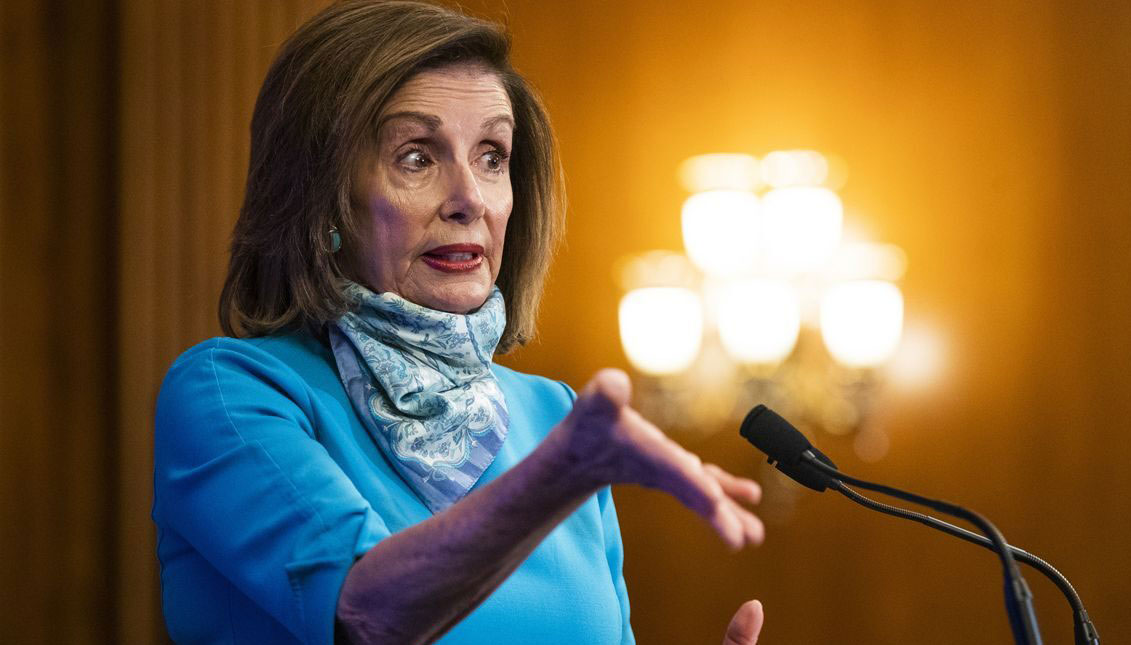
Will the Democrat's $3 trillion proposal pass?
After the historic injection of $2 trillion to stimulate the economy and address the pandemic, comes a new proposal, for 3.
House Speaker Nancy Pelosi has proposed a $3 trillion package to support the economy and alleviate the consequences of the pandemic.
However, even though the first - historic - $2 trillion proposal received bipartisan support, became law and began to be implemented, Republicans have already reported that they are unlikely to support the measure.
As reported by Politico, Mitch McConnell (R-Ky.), the Senate majority leader, commented on the House bill as something that was not designed "to deal with reality, but to deal with aspirations.
While it may pass in the House, the Senate is likely to put the brakes on it. However, the bill is so massive - the original text is 1,815 pages long and the summary 90 - that it could give way to a tug-of-war between Republicans and Democrats from which a new law will eventually emerge.
One of the Republican arguments for opposing this proposal in principle is that it is still too early to know whether a new subsidy package would be necessary or desirable. Nevertheless, the answer will sooner or later be yes.
RELATED CONTENT
A new proposal for economic relief from the pandemic will surely come because the CARES Act has already begun to show its weaknesses - such as providing economic impact relief subsidies to people who had already died a year or two ago - because as the pandemic develops, there will be a better understanding of which sectors should be supported and how, and because the economic shock has already reached points comparable to those of the Great Depression, so that economic and social recovery will not occur without a strong dose of counter-cyclical measures by the federal government.
If the measure proposed by the Democrats is tried, it would include, among other measures, a second round of checks for $1,200 - hopefully this time solving previous difficulties -, $75 billion for mortgage relief, $100 billion for rent subsidies, $25 for the Postal Service, $3.6 billion to strengthen the elections, $10 for small businesses to subsidize payments to workers.
In light of the alarming escalation of coronavirus cases in prisons, $200 million would be allocated to prevent, prepare prisons and respond to COVID-19. 200 million would be allocated to prevention and response programs for violence against women.
Another important part of the proposal is aimed at strengthening the health sector: $7.6 million would go to expand health services for the most vulnerable populations, $2.1 billion to the CDC, $4.745 billion to the National Institutes of Health, and $3 billion to support mental health.
100.15 billion would be provided for funding schools and institutions of higher education.
Where the pulse ends remains to be seen, but we are sure to see several rounds of it.











LEAVE A COMMENT:
Join the discussion! Leave a comment.